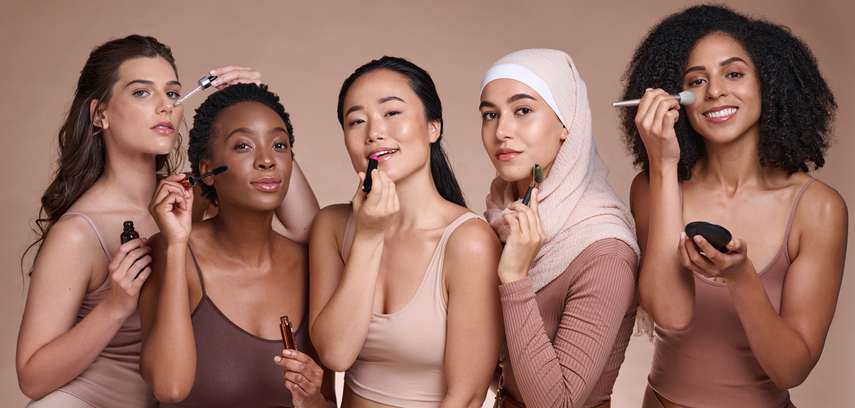Breaking Barriers: Challenging Conventional Beauty Norms

Beauty, a concept as ancient as humanity itself, transcends time and culture, weaving its threads through the tapestry of human existence. It is a multifaceted phenomenon that extends far beyond the surface, encompassing not only physical aesthetics but also a deeper, more profound essence. In this article, we embark on a journey to explore the timeless allure of beauty, examining its definition, evolution, and the profound impact it has on individuals and society.
Defining Beauty:
Beauty is a subjective concept, varying from person to person and culture to culture. While some may associate it primarily with physical appearance, others recognize its presence in kindness, emsculpt neo intelligence, or even resilience. This diversity of perspectives emphasizes the complexity of beauty, as it defies a one-size-fits-all definition.
Physical beauty, often the most immediate and tangible aspect, includes features such as symmetry, proportion, and aesthetic appeal. However, as society progresses, there is a growing acknowledgment that true beauty encompasses inner qualities such as empathy, compassion, and authenticity.
Evolution of Beauty:
Throughout history, the definition of beauty has undergone significant transformations, influenced by cultural, societal, and technological shifts. In ancient civilizations, beauty ideals were often linked to health and fertility, while renaissance art celebrated the human form in all its glory. The modern era has witnessed a surge in diverse representations of beauty, challenging traditional standards and embracing individuality.
The impact of media and technology cannot be overlooked in shaping contemporary beauty standards. Social media platforms have empowered individuals to redefine beauty on their terms, fostering a more inclusive and accepting landscape. Beauty is no longer confined to conventional norms, as people celebrate uniqueness and diversity.
Beauty’s Influence on Society:
The concept of beauty holds a powerful sway over society, impacting self-esteem, confidence, and interpersonal relationships. It serves as a currency in social interactions, influencing perceptions and judgments. The beauty industry, with its myriad products and services, has become a global powerhouse, reflecting society’s perpetual pursuit of an idealized aesthetic.
While the pursuit of beauty can inspire creativity and self-expression, it also raises concerns about unrealistic standards and the potential for negative impacts on mental health. The pressure to conform to societal beauty norms can lead to feelings of inadequacy and contribute to issues like body dysmorphia and eating disorders.
Conclusion:
Beauty, with its ever-changing and diverse nature, remains a fascinating and influential aspect of human existence. Its definition continues to evolve, reflecting the dynamism of societies and individuals. As we navigate the complexities of beauty, it is essential to embrace a holistic perspective that appreciates both the external and internal facets, fostering a culture that values authenticity, diversity, and self-acceptance. In doing so, we can redefine beauty as a force that uplifts and unites rather than divides and excludes.